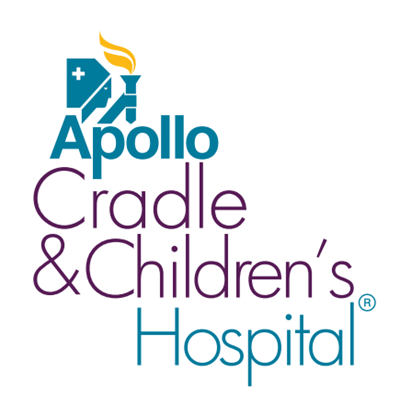What is Down's Syndrome?
Many people expecting pregnancy and childbirth, worry about the health of their unborn child. Today, screening tests used during pregnancy can reveal if a person is likely to be carrying a child with a genetic or congenital disorder like Down's syndrome. These tests, however, cannot definitively determine or diagnose if the child has Down syndrome. Down Syndrome is a genetic or congenital condition where the person carries an extra pair of chromosomes that causes mild to serious physical and mental developmental issues. The affected chromosome is usually chromosome 21. Down syndrome varies in severity among individuals. While it can cause lifelong intellectual disability and developmental delays, it can be managed with medical help if caught at the right time. It's the most common genetic chromosomal disorder. It is one of the causes of learning disabilities in children. Some heart and gastrointestinal disorders can be byproducts of Down syndrome. As mentioned, caught at the right time, the condition can be managed with medical help.
The Common Symptoms of Down's Syndrome
Down Syndrome is characterized by a distinctive pattern of physical characteristics. These include
- a flattened skull
- almond-shaped eyes that slant upward
- a large tongue
- a short stature.
Other than these and many more physical symptoms, Down syndrome also has some degree of limitation of intellectual ability, including social and practical skills. However, this differs from individual to individual, depending on how severe the disorder is. Proper and timely medical intervention can help people with Down Syndrome lead fulfilling lives.
What causes Down's Syndrome?
The extra chromosome 21 leads to the physical features and developmental challenges that are a sign of Down Syndrome. Research has shown that Down syndrome is caused by an extra chromosome 21. However, no one knows for sure why Down syndrome occurs. Neither do we know how many different factors play a role. We do know, however, that advancing maternal age is a risk factor. Hence, if you are planning a pregnancy at or beyond 35 years of age or older, you should consult your doctor on the best way to move forward.
When should I see a doctor?
Down syndrome diagnosis usually happens at birth or before. Therefore, if you have any questions regarding your pregnancy or your child's growth and development, it is a good idea to consult your doctor.
How is Down's Syndrome Treated?
Unfortunately, Down syndrome is a lifelong condition. However, with proper medical intervention, it can be managed. People with Down syndrome can lead fulfilling lives. Services early in life will often help babies and children with Down syndrome to improve their physical and intellectual abilities. These services include speech, occupational, and physical therapy. They are usually offered through early intervention programs. While children with Down syndrome may extra help or attention in school, many manage in regular classes. This shows people with Down syndrome can lead happy lives.
Request an appointment at Apollo Cradle, Hyderabad - Kondapur. Call 1860-500-4424 to book an appointment.
While the risk factor is lower for expecting mothers below 35 years of age, no one knows what all the risk factors of Down's syndrome are. Thus, it is possible your child could have Down's syndrome.
While Down syndrome cannot be cured, early intervention and appropriate therapies can help children with this disorder reach their full potential.
Our Doctors
Treatments
- Blood Tests
- Down's Syndrome Screening
- Early Anomaly Scan
- Fetal Anomaly Scan
- Fetal Echocardiography Scan
- Fetal Ultrasound
- Fetal Well-Being Scans With Fetal Doppler
- Nuchal Translucency (NT Scan)
- Pre-eclampsia Screening
- Pre-Natal Screening & Test
- Screening Test For Maternal Infections
- Surveillance And Monitoring Of Twin Pregnancies
- Tests For Thalassemia And Sickle Cell Disease
- Viability Scan

 95 Patient Satisfaction Score
95 Patient Satisfaction Score

